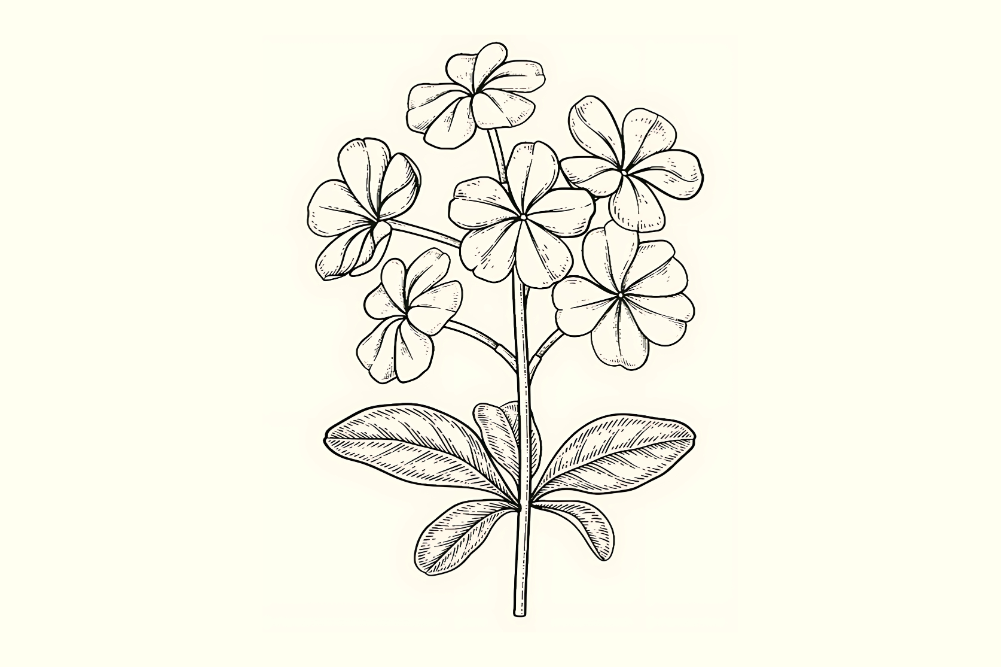Interesting slices of life in March 2023
Want to keep up to date with the latest environmental news? We’ve got you covered with Lifelines, where we explore the good and bad news.
Dogs smell your stress
Given that dogs have a keen sense of smell and their close domestication history with humans, researchers wanted to see if dogs could smell when humans are stressed. To test this they collected samples of breath and sweat from non-smokers before and after a fast-paced arithmetic test. As well as self-reported stress levels, heart rate and blood pressure were measured. Samples from those who showed stress at the task were shown to trained dogs within three hours of being collected. Dogs of four different breeds were used and asked by trainers to find a subject’s stress sample (taken at the end of the task) while the same person’s relaxed sample (taken before the task) was also in the line-up. Overall, dogs were correct in selecting the stress sample 93.75 per cent of the time, suggesting they can detect the change in compounds produced by humans during stress.
Source: PLOS One
Pandemic personality change
We tend to think of personality as set, but could massive events change your personality? In a new study researchers used personality tests from more than 7100 people in the United States taken before the COVID-19 pandemic, between March and December 2020, and then during 2021–22. They compared the five big personality traits (neuroticism, extroversion, openness, agreeableness and conscientiousness) for each person at each time. Analysis showed that there were no significant differences in personality pre-pandemic when compared to the 2020 results. However, the 2021–22 data showed declines in extroversion, conscientiousness, agreeableness and openness. Younger adults showed “disrupted maturity” in the form of increased neuroticism and decreased agreeableness and conscientiousness. Older adults were less affected, but the researchers say these results do show us that stressful events at the population level can bend the trajectory of an individual’s personality.
Source: PLOS One
The Stradivarius secret
According to some musicians, Stradivarius violins produce a clarity of sound that is unmatched by modern instruments. It seems we might be closer to discovering Antonio Stradivari’s secret. Using synchrotron radiation, researchers examined a layer between the wood and varnish on Stradivarius violins and discovered nano-sized patches of protein. This coating between the wood and varnish likely influences the wood’s resonance, and if we can replicate it we may also be able to duplicate the Stradivarius sound.
Source: Analytical Chemistry.
News addiction
In a new study subjects were asked whether they agreed with statements like “I become so absorbed in the news that I forget the world around me.” Subjects were also assessed for stress and anxiety levels as well as fatigue, physical pain, poor concentration and gastrointestinal issues. The results showed that 16.5 per cent of subjects showed signs of severely problematic news consumption. We have lived through a series of disturbing global events, and consuming bad news can make you feel powerless and distressed. People who consume excessive amounts of news kick their surveillance state into overdrive, and they can check news around the clock hoping to alleviate their distress but resulting in a vicious cycle. This study found that those with high levels of news obsession are more likely to suffer from stress, anxiety and physical illness. The good news is that you can turn the news off, and read WellBeing.
Source: Health Communication.
Cuddle up to testosterone
Testosterone has a reputation as an enhancer of aggression, especially when intruders are involved, but researchers wondered if testosterone might actually enhance positive social responses in contexts where they are appropriate. To test this they conducted tests on Mongolian gerbils, rodents that form lasting pair bonds and raise their pups together. During mating season male gerbils can become aggressive in defence of their territory, but they also show “cuddling” behaviour after their mate becomes pregnant and are protective of their pups. After a male gerbil formed a bond with a female gerbil and the female became pregnant, the male gerbil gave the female a cuddle as expected. When the males were given a small testosterone injection the males became even more cuddly. Gerbils given testosterone showed more oxytocin activity in their brains than those not given testosterone. Rather than simply promoting aggression, it seems testosterone promotes context-appropriate behaviour.
Source: Proceedings of the Royal Society B
Article Featured in WellBeing 202







